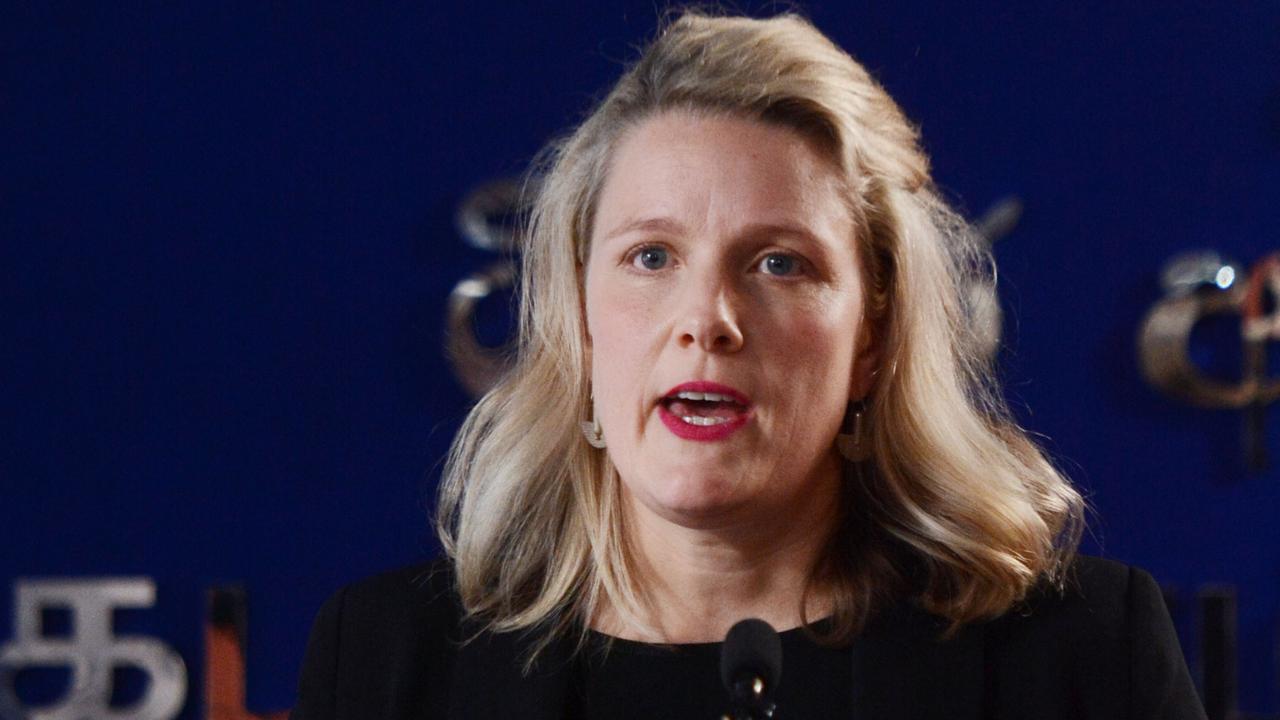Australia has axed its so-called "golden visa", which granted wealthy overseas investors the right to live in the country.
Designed to attract foreign business, it was cut in an immigration overhaul after the government found it was "delivering poor economic outcomes".
Critics have long argued that the scheme was being used by "corrupt officials" to "park illicit funds".
It will be replaced with more skilled-worker visas.
Thousands of significant investor visas (SIV) have been granted through the program since 2012, with 85% of successful applicants coming from China according to government data.
Marketed as a way to drive foreign investment and stoke innovation, candidates had to invest more than A$5m (£2.6m;$3.3m) in Australia to be eligible.
After multiple reviews, the government found that the scheme had failed to meet its core objectives. In a policy document from December, it announced that it would scrap it, focusing instead on creating more visas for "skilled migrants" capable "of making outsized contributions to Australia".
"It has been obvious for years that this visa is not delivering what our country and economy needs," Minister for Home Affairs Clare O'Neil said in a statement on Monday.
The move has been welcomed by Clancy Moore, the chief executive of Transparency International Australia, who told the BBC: "For far too long corrupt officials and kleptocrats have used golden visas as a vehicle to park their illicit funds in Australia and arguably hide their proceeds of crime."
The program had already come under intense scrutiny for its alleged "loopholes" and "vulnerabilities". Bill Browder, who is widely credited as being responsible for the creation of the Magnitsky Act - a US law designed to target individuals for abuses committed overseas, has also criticised the scheme.
In 2016, a government inquiry raised concerns that it had the "potential for money laundering and other nefarious activities", while in 2022 The Australian newspaper reported that members of Cambodia's Hun Sen regime were among the bad actors who had exploited the system.
The government inquiry also found that the visas were bringing people into Australia with "less business acumen" than would have otherwise arrived, while offering tax concessions that were costing the public.
Some asset managers have pushed back on those assessments, arguing that the follow-on investment from SIVs has ended up being significantly more than the A$5m buy in.
Australia now joins the UK, which scrapped a scheme offering fast-track residency to the mega rich in 2022, due to concerns about the inflow of illicit Russian money.
So-called golden visa schemes have also come under scrutiny in Malta, which has been granting speedy citizenship to wealthy non-European Union nationals. In 2022, an investigation discovered the visas being granted after people spent just days in the island nation, while the EU had raised concern over risks of money laundering, tax evasion and corruption.
BBC





